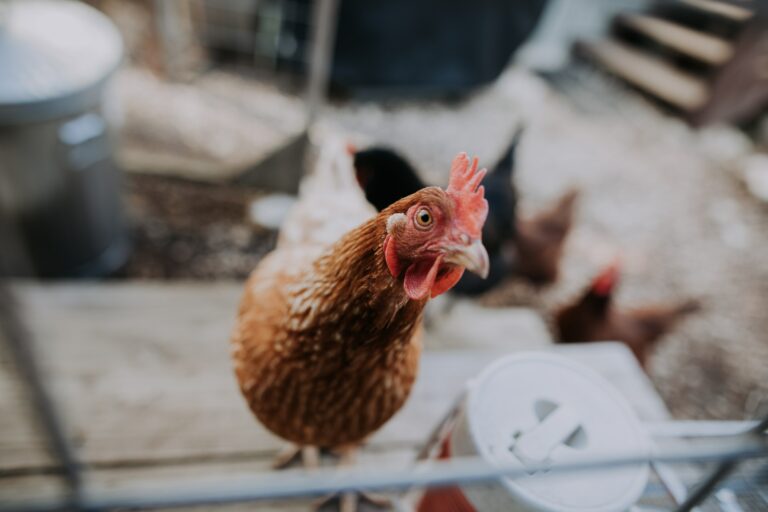Gut health is crucial for healthy growth, as delegates to the recent Elanco symposium on intestinal integrity discovered.
The 7th EMEA Elanco Intestinal Integrity Leadership Symposium was hosted in Athens in March this year, with delegates from over 40 countries gathering to listen to the latest research, insights and solutions from industry experts.
As Marc De Beer, senior director, Global Elanco Nutritional Health, stated very simply: animal health and animal nutrition have merged. Poultry meat is the fastest growing sector with 2017 being the year that global consumption of poultry went above that of pork. With this growth comes the need for new solutions to control and prevent disease. However, the industry is faced with a myriad of challenges.
Rick Kleyn of Spesfeed, South Africa, affirmed gut health is multifactorial and interlinked and plays a role in all aspects of sustainability. Consumer perceptions and expectations present many challenges with the desire for ‘natural’ products that are sustainably produced from ‘happy’ animals. The industry needs to use additives that replace antibiotics and or enhance gut health. Kleyn told delegates while non-medicated and functional feed additives can’t treat disease, they play a vital role in disease prevention and control.
Sustainability is at the heart of the topic as it is in part driven by feed efficiency and Intestinal integrity. Better intestinal integrity means the chicken will do a better job at converting nutrients to energy and growth and in turn will waste less energy on maintenance and repair.
The start of this process must be the measurement of intestinal integrity, which can be done with Elanco’s HTSi scoring system – a data management platform that enables better understanding of flock health to ultimately lead to improved performance and profitability. The HTSi data shows where peak challenge occurs and designs a programme providing optimal intestinal integrity for broilers. This has led to the creation of the intestinal integrity index – a combined weighted score of 23 intestinal lesion scores (including coccidia lesions) to give a score 0-100. “Results from this study demonstrate that the HTSi database can be used to inform and evaluate changes that can optimise intestinal health, and hence welfare, productivity, and sustainability of the poultry industry.”
George Gould, global poultry technical advisor for Elanco, outlined some impacts and threats to intestinal integrity beginning with the fact that the intestine is a complex environment and things don’t act in isolation. The challenges cam be broadly split into four main categories, he said: (1) bacterial enteritis / microflora imbalance, (2) viral challenges, (3) non-infectious factors (management, quality of feed), and (4) coccidiosis.
Coccidiosis in particular is a major trigger for loss of intestinal integrity. “It is likely the most costly disease threat to global poultry production and prevention of coccidiosis is essential in order to maintain intestinal integrity and the efficient absorption of nutrients in the chicken.” The causative organism is ubiquitous and the response by the bird to a coccidiosis challenge triggers a cascade of other intestinal diseases further affecting animal health and feed efficiency. Coccidiosis has the potential to cause enteritis leading to intestinal inflammation, reduced absorptive capacity, increased pododermatitis due to wet litter and the potential for mortality increase.
Maintaining the use of solutions, which enable the health of poultry in a sustainable way is absolutely critical. One such solution is ionophores, animal-only antimicrobials used to control coccidiosis. Ionophores are the most sustainable and economical solution to control coccidiosis acting directly on the coccidia parasite when it is in the intestines of the bird. They are the best option for bird health and welfare and they have no impact on human health as confirmed by the World Health Organisation, the World Animal Health Organisation and the European Surveillance Programme of Veterinary Antibiotics thus meeting the consumer demand for antibiotics to not be used on animals.
Whilst ionophores won’t ‘fix’ gut health – no single solution alone will – they play a vital role in controlling and preventing disease and must be part of the solution. Gut health is central to many of the challenges faced by the industry and a healthy gut is the primary driver of broiler performance with optimal gut health increasing sustainability. The industry must be prepared to take a holistic approach that incorporates both stringent measurement tactics and the use of feed additives, such as ionophores, as part of the solution.


